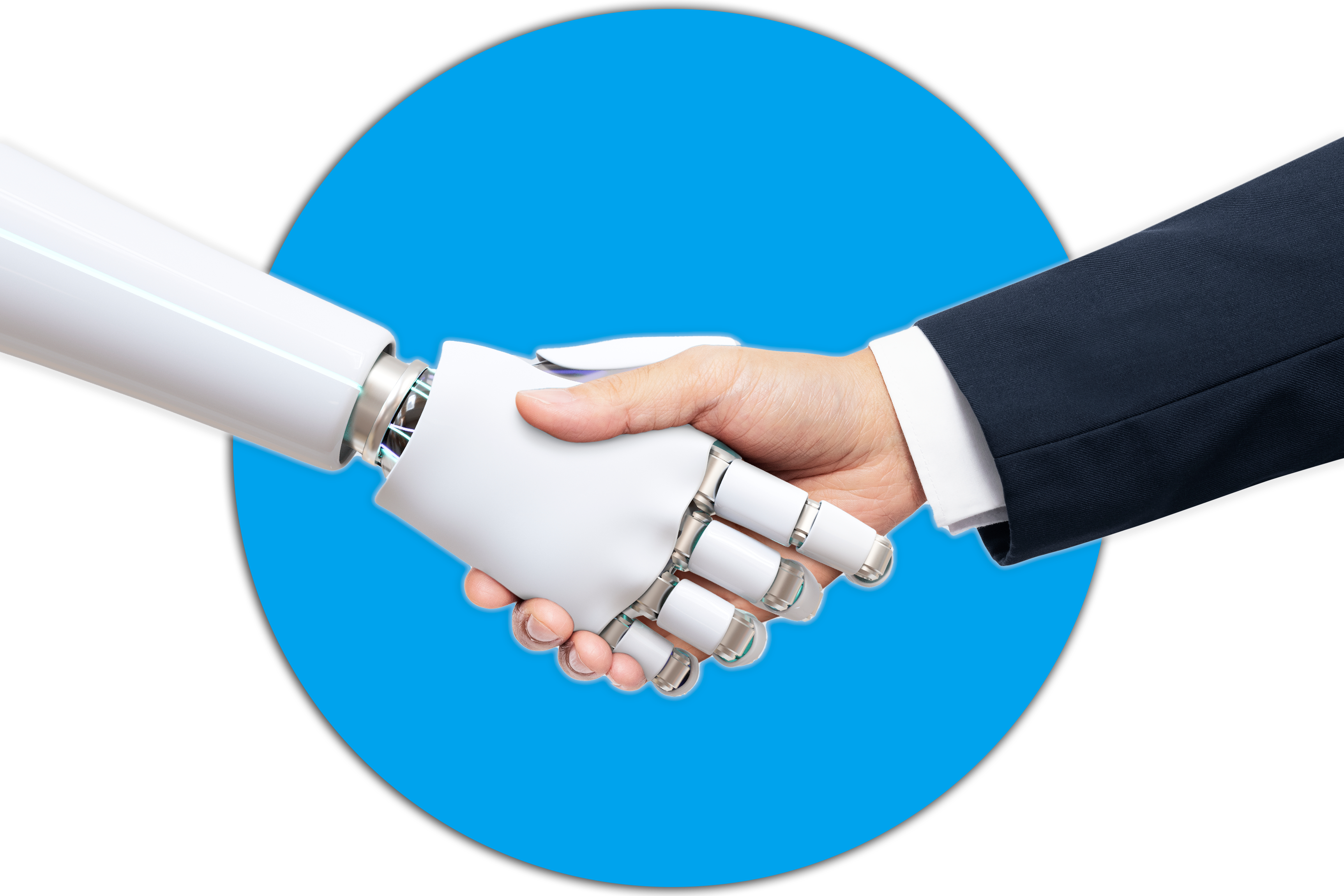
Make talent quality your leading analytic with skills-based hiring solution.

“We are going to see the biggest change in the HR profession overall, as analytics start to reinvent the way we work. We are now starting to look for HR professionals that have the capability to understand, interpret, and leverage data — and this is a trend that I believe will continue for a while.”
– Dawn Klinghoffer, General Manager of HR Business Insights at Microsoft
In the ever-evolving world of recruiting, AI has emerged as a revolutionary force, changing how organizations engage and select talent. By harnessing artificial intelligence, companies can streamline hiring, create more engaging candidate experiences, and make more effective hiring decisions. This guide explores the transformative role of AI in recruiting and its potential in the future of talent acquisition.
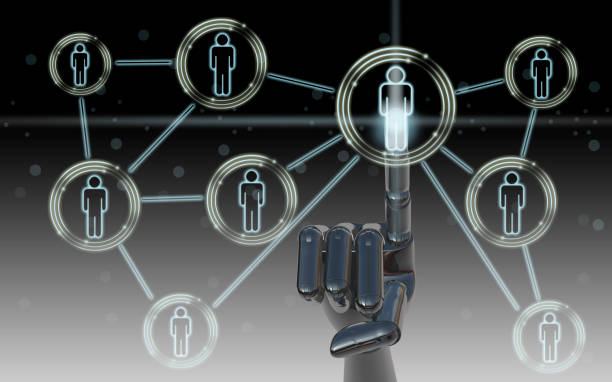
AI recruiting refers to the use of artificial intelligence in hiring and talent acquisition. Using AI’s powerful data analysis alone, organizations can expedite candidate sourcing and strengthen screening assessments. By leveraging the many applications of artificial intelligence in hiring, companies can improve the efficiency and effectiveness of their talent acquisition, enabling them to secure the top candidates in the modern competitive landscape.
The arrival of AI in resume screening has transformed a once tedious task into a streamlined process. In the past, recruiters could spend more than 20 hours of their week slogging through resumes, but with the automation of this screening, they can spend the same time focusing on higher-level hiring decisions rather than grunt work. AI’s strength in pattern recognition also leads to stronger data insights and clearer profiles for ideal candidates. For more details on how AI analyzes and extracts information from resumes, take a closer look at AI screening here.
Virtual assistants and chatbots are AI-powered tools that engage with candidates in real time, providing instant responses to queries about job queries, company culture, and more. They offer a personalized experience for each candidate using their natural language processing capabilities, increasing candidate engagement and guiding them through the hiring process. Simultaneously, these automated tools further free up time for recruiters to focus on more strategic tasks. These AI assistants allow for efficient yet interactive candidate engagement and showcase an organization’s commitment to seamless communication.

HR leaders must increasingly turn to predictive intelligence to transform the HR function. The only way for them to get a seat at the table is by helping business leaders look ahead and anticipate their resource needs long before they need it. That’s the power of predictive analytics.”
– Jason Roberts, Vice President at Operations America
AI’s strength in predictive analytics offers recruiters the powerful ability to proactively identify top talent. Through a combination of historical data and pattern recognition, companies can use AI recruiting tools to predict which types of candidates will fit best in a certain role. Predictive analysis greatly streamlines the recruiting process, as companies can focus on candidates with a higher probability of success, decreasing the time and resources needed. By simultaneously improving hiring efficiency and quality, predictive analysis allows organizations to take huge steps forward in their talent acquisition.
All human beings are susceptible to biases, even subconsciously. These implicit biases taint the hiring process by failing to give candidates equal chances, leading to weaker talent acquisition decisions. However, one of AI’s greatest strengths is its objectivity, allowing it to disregard a candidate’s gender, race, and cultural background while solely focusing on their skills. By addressing biases in evaluations, job descriptions, and decision-making, AI recruiting tools can greatly mitigate bias throughout the recruiting process, creating a fair and inclusive recruiting environment.
AI recruiting tools have the potential to improve almost every aspect of the interview process. From generating structured interview questions to real-time analysis of candidate responses, AI interview tools offer both efficiency and quality data insights to improve hiring. The technology can detect nuances in candidate responses, allowing for objective gauging of soft skills and communication ability. By leveraging AI’s consistency and ability to identify patterns, the interview journey becomes much more streamlined and accurate, allowing recruiters to better select candidates who align with the company’s culture and job requirements.
AI recruiting tools are reshaping how organizations evaluate candidate skills and abilities. Through data-driven insights, recruiters can gain deeper insights into candidates’ capabilities, allowing them to better select talent that fits into their job needs. Furthermore, AI’s ability to adapt to new information over time ensures that skill assessments will slowly become more and more refined. While AI-driven skill assessments give high-quality results, navigating this new subfield requires deliberate steps. Through these AI-powered skill assessments, organizations secure candidates who demonstrate true excellence in their roles, propelling the company toward more optimal talent acquisition.
While AI is a revolutionary tool in all aspects of recruiting, it can also bring up many ethical concerns. Companies need to address these potential challenges to ensure that every candidate is given an equal opportunity during the hiring process. There have been several high-profile incidents of AI recruiting technology showing biases when not properly handled, like Amazon’s 2018 recruiting tool incident. To conquer these types of ethical problems, organizations need to be very particular in managing implicit biases, data privacy, and more. They must also take extra steps to ensure transparency and fairness in the AI recruiting process, as the blackbox nature of AI tools can make it difficult for recruiters to easily figure out the source of biases.
The future of recruiting holds great promise as AI technology continues to rapidly evolve. Advancements in machine learning will lead to more streamlined and higher-quality hiring processes. As AI’s impact on recruiting continues to grow, recruiters must strengthen the data fluency and literacy skills necessary to use AI effectively. Similarly, companies must be adequately prepared to stay at the forefront of talent acquisition in this new era.

Glossary of Key AI and Recruitment Terms
Customer Studies: Real-world Examples of Successful AI Implementation in Recruitment
Recommended Reading: Books, Articles, and Research on AI Recruiting
Join our community of HR professionals, recruiters, and tech enthusiasts to stay updated on the latest trends and discussions around AI in recruiting. Follow us on social media, check out our articles for hiring tips, industrial insights, and more, and participate in our webinars and online events.
The future of hiring is here, and AI is at the forefront of this technological revolution. Dive into Glider AI, ask questions, and uncover the potential of AI recruiting to revolutionize the way you find, hire, and retain top talent.
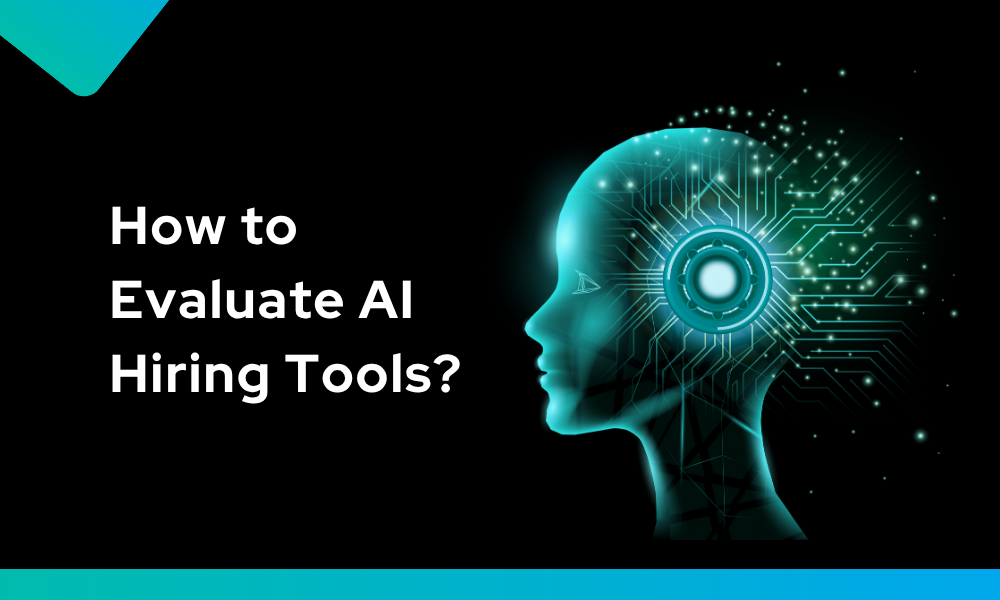
Buying AI-Powered Hiring Tech? Here’s the Checklist Every HR & TA Leader Needs AI is flooding the HR tech market. From sourcing to screening to interviewing, nearly every vendor now claims to have “AI-powered” solutions that promise faster, fairer, smarter hiring. But how do you evaluate AI hiring tools in a way that cuts through […]
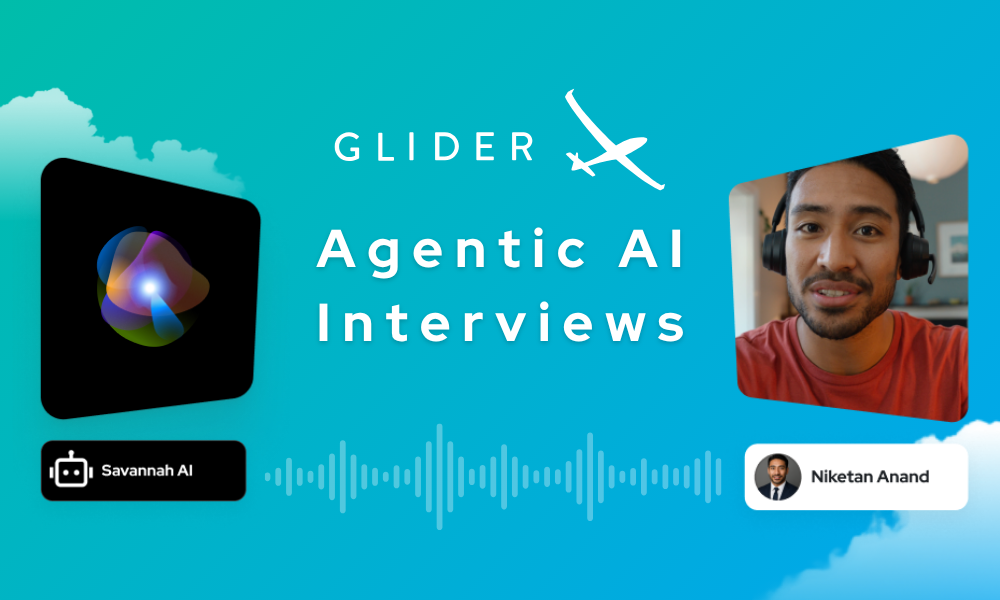
How Glider AI’s Agentic AI Interviews Help Companies Hire Smarter, Faster, and Without Risk The hiring process isn’t just outdated—it’s overwhelmed. Recruiters are drowning in resumes. Interviewers are stretched thin. And companies are paying the price in wasted time, missed talent, and rising fraud. Traditional interviews simply can’t keep up in today’s high-volume, high-risk environment. […]
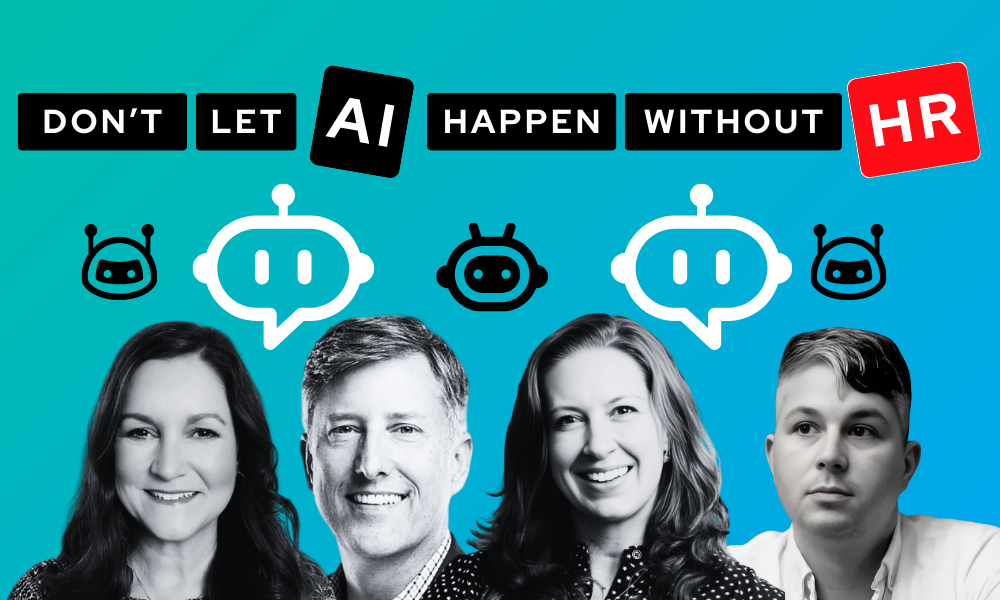
Key Insights from the Unleash Webinar – Human Leadership in the AI Era The future of work is being shaped by AI—fast. But who’s making the critical decisions? Too often, it’s not HR. That needs to change. That’s why we partnered with Unleash to host a webinar, Human Leadership in the AI Era: HR’s Evolving […]